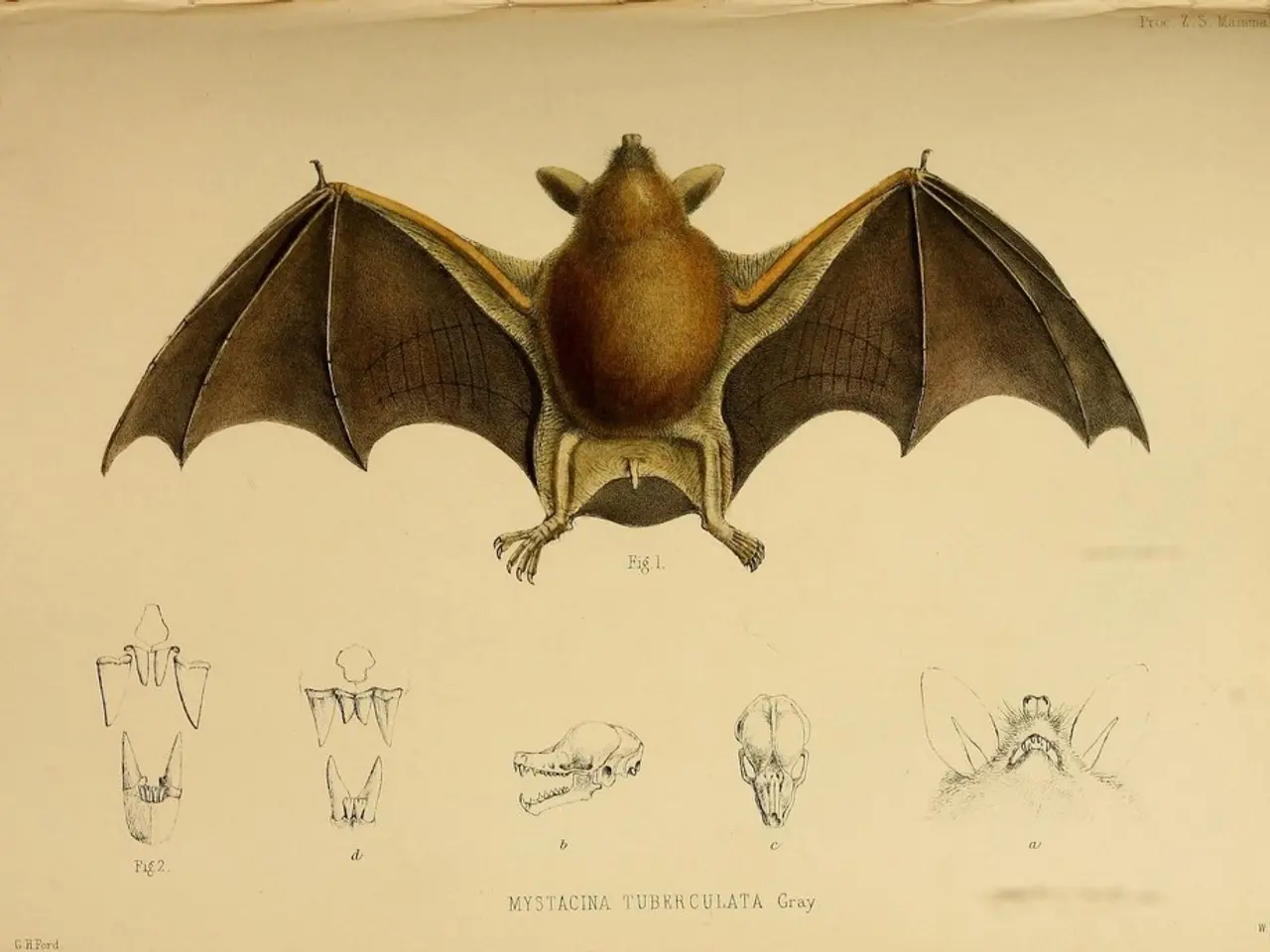European battery cell production necessitates recycling for self-reliance and independence
By 2050, Europe, led by the European Union (EU), aims to achieve more autarky in battery production. This ambition stems from the need for a well-developed recycling infrastructure to meet the demands of electric vehicle (EV) production and the energy-intensive nature of battery cell production.
Currently, Europe covers only 6.8% of the energy required for battery cell production. A new study reveals that achieving autarky by 2050 would necessitate 250 TWh of energy per year. This energy demand includes not only the production of batteries but also an additional 200 TWh to 250 TWh for charging EVs and compensating for efficiency losses.
The majority of batteries for EVs in Europe are currently imported, primarily from China. To reduce this energy dependence, strengthening local battery supply chains is crucial. However, this also requires significant energy amounts in Europe.
Recycling is a more energy-efficient alternative to extraction and refining, according to the study. Cooperating companies and institutions in Europe are working towards developing the infrastructure for battery recycling to reduce imports and future energy demands.
One such joint venture is between CNGR (China) and revomet (Germany), with support from CRONIMET. This partnership combines advanced recycling technologies and logistical capacities. Research institutions like the Fraunhofer-Institut, the Karlsruhe Institute of Technology (KIT), and the start-up Circu Li-ion are also active in this regard.
The TraWeBa-Hub, which fosters the connection between research, industry, and start-ups to promote circular value creation, is another key player. In Austria, regional collection and dismantling structures are being developed to extract secondary raw materials. However, the actual raw material refinement is mostly possible only on an international scale.
Increasing the use of electric motors and stationary batteries could save 90 TWh of energy by 2050, according to the study. As Europe moves towards a more sustainable future, the development of a robust recycling infrastructure will be key to achieving autarky in battery production while minimising energy consumption.
Read also:
- Exploring Harry Potter's Lineage: Decoding the Enigma of His Half-Blood Ancestry
- Elon Musk Acquires 26,400 Megawatt Gas Turbines for Powering His AI Project, Overlooks Necessary Permits for Operation!
- U Power's strategic collaborator UNEX EV has inked a Letter of Intent with Didi Mobility to deploy UOTTA(TM) battery-swapping electric vehicles in Mexico.
- Global Gaming Company, LINEUP Games, Moves Into Extensive Global Web3 Multi-Platform Gaming Network




